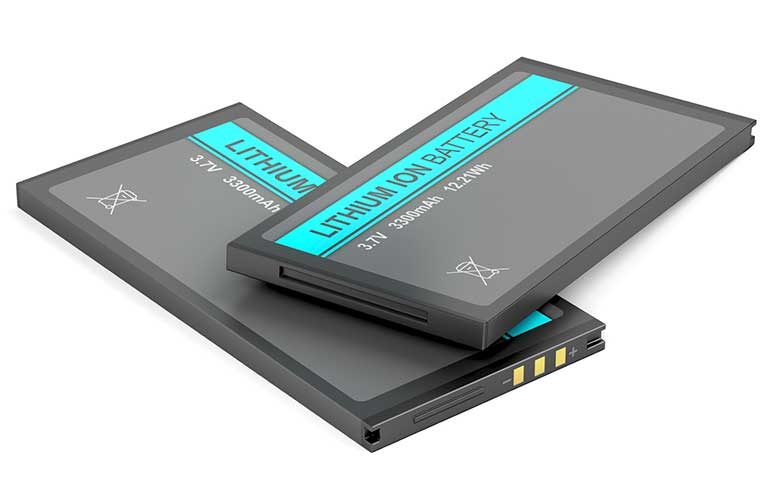NTSB recommends closing ‘safety gap’ related to transport of lithium-ion batteries

Washington — The National Transportation Safety Board is calling for changes to shipping requirements for certain types of lithium-ion batteries, after an agency investigation into a shipment of batteries that ignited while being transported via a delivery truck in Canada.
According to NTSB, the June 2016 incident occurred while four large custom-made batteries were being shipped via FedEx from a manufacturer in Sarasota, FL, and flown to Indiana, then on to Toronto. The batteries ignited on the truck about 10 hours after being off-loaded at the Toronto airport. No injuries were reported.
An international shipping standard exemption allows “prototype” or “low-production” batteries to be shipped, but in this case the manufacturer did not apply for the exemption or produce documentation confirming the batteries underwent safety tests.
NTSB’s investigation concluded that the batteries were not properly designed or packaged for shipment, “which resulted in damage to the cells, a short circuit and thermal runaway that led to the fire.” The packaging included polyurethane foam and a polyurethane film bag, which is combustible and not in compliance with the international shipping exemption.
NTSB’s report on the incident includes two safety recommendations directed at the Pipeline and Hazardous Materials Safety Administration – which regulates the transportation of potentially dangerous products – to close what it calls “a safety gap.” NTSB recommends PHMSA propose to the International Civil Aviation Organization the discontinuance of special permits that allow for these batteries to be shipped. It also recommends eliminating testing exceptions for all lithium-ion batteries – and specifically for low-production or prototype items – being shipped by air.
“The current situation presents a danger to all those involved in the transportation of these batteries, on the ground and in the air,” Robert J. Hall, director of the NTSB Office of Railroad, Pipeline and Hazardous Materials Investigations, said in a June 8 press release.
Post a comment to this article
Safety+Health welcomes comments that promote respectful dialogue. Please stay on topic. Comments that contain personal attacks, profanity or abusive language – or those aggressively promoting products or services – will be removed. We reserve the right to determine which comments violate our comment policy. (Anonymous comments are welcome; merely skip the “name” field in the comment box. An email address is required but will not be included with your comment.)

